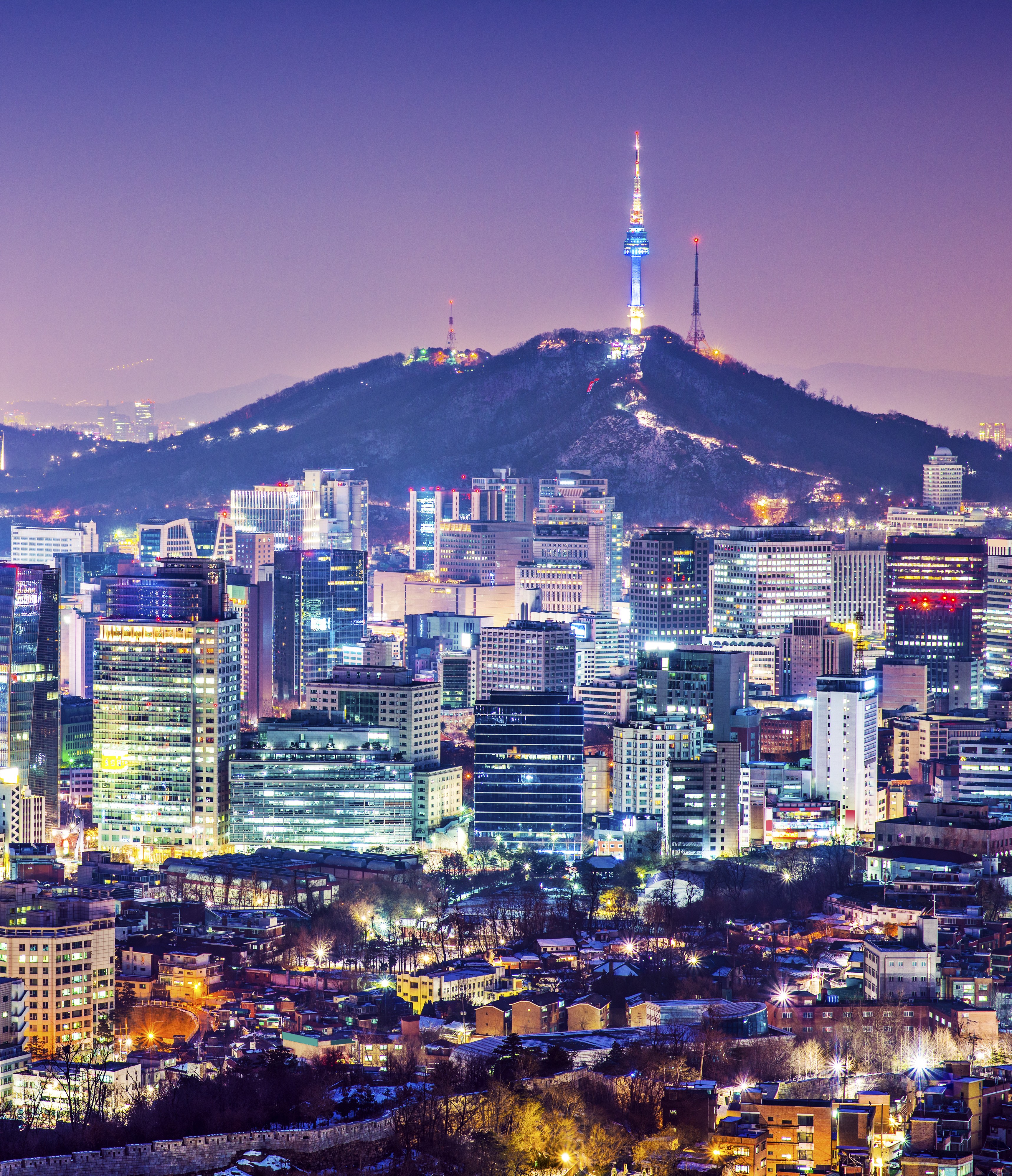China and South Korea have moved a step closer to establishing a free trade agreement hailed in Seoul as “the most significant” trade deal in the country’s history.
Senior officials initialled the draft agreement on February 25, having ironed out most of the details in 2014. The document will now be translated from English into Korean and Chinese, before being voted upon by the respective parliaments, then officially signed and ratified.
And while analysts have suggested the deal will be less complete than Korea’s existing trade agreements, such as those with the EU and the US, it is expected to benefit greatly from a deal which will eliminate all tariffs on 71% of imports.
However, exempt from the agreement are two of the most important products for the respective countries: automobiles and rice.
“The agreement will probably be less comprehensive than Korea’s other FTAs in terms of the percentage of items covered and the pace tariffs will be reduced. In terms of sectors, cosmetics and transportation are likely to be among the bigger beneficiaries. Both Korea and China should benefit from the agreement in the long run, though Korea may benefit more as China is its largest trading partner,” Krystal Tan, Asia economist at Capital Economics tells GTR.
China will enjoy a complete removal of tariffs from 79% of the goods it exports to Korea, over 10 years. After 20 years, the Chinese will eliminate tariffs on 91% of imports, while for Korea the figure will rise to 92%.
It’s predicted that the agreement will add 39.5% to bilateral trade, taking the relationship to a volume over US$300bn and marks a continuation of China’s liberalisation programme.
For Korea’s part, it will now enjoy free trade with blocs that represent 73% of global GDP – increasing its competitive on the world stage.
Korea’s Ministry of Trade hailed the agreement in a statement, saying: “The two countries’ governments have agreed to work for official signing of the Korea-China FTA within the first half of 2015. The government will do its utmost to have the agreement ratified by the National Assembly without any disruption so that our companies can start benefiting from the Korea-China FTA at an early date.”
Addressing reporters at a briefing in Sejong, South Korea, the deputy trade minister Woo-Tae-hee urged caution over the immediate benefits but talked up the deal’s significance.
He said: “We cannot say every element in the agreement is more favourable to us as negotiations always involve more than one party. But I believe we have in our hands a well-balanced agreement that reflects the interests of both parties in negotiations.”
Korean officials spoke of hopes that the agreement could be finalised within the first half of 2015, with Korean companies already preparing to capitalise on it.
Samsung Electronics said in the wake of the initialling that it would soon begin trading Chinese yuan directly with the South Korean won, a move that would surely boost ambitions among Park Geun-hye’s government of turning the country into a global hub for the offshore clearing of China’s currency.
“I hope Samsung’s plan to participate in the market will influence other big companies also to join,” said the chief of Korea’s finance ministry’s international bureau, Song In-chang.
South Korea has, in recent years, become one of the most active players in the free trade arena, with agreements signed and operational with the US, Turkey, Singapore, Peru, the EU, Chile, India the Apac and Asean blocs. Signed but yet to take effect are deals with Australia, Canada and Colombia, while negotiations are underway with New Zealand, Japan, the GCC, Indonesia, Mexico and Vietnam.
However, the government in Seoul has yet to commit to the Trans-Pacific Partnership (TPP) – the US-led free trade area spanning 12 Asia Pacific nations, which is expected to be signed this year.







